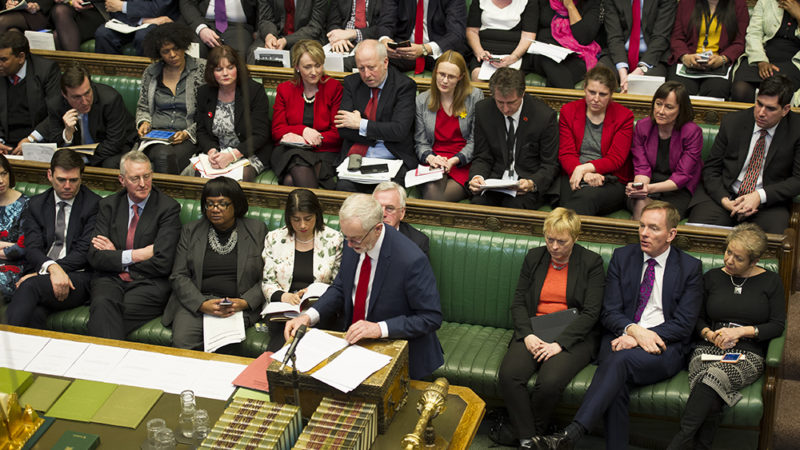
The Tory strategy is now fairly clear:
- Make the EU an offer they can’t accept. (“Scrap the backstop before we’ll even talk to you.”)
- When they refuse, go for no deal. If parliament passes a vote of no confidence, play for time.
- Call an election in November. (“I promised to deliver Brexit and I have! Isn’t that amazing? Now give me a mandate to sort out the obstreperous Europeans and the foot-dragging parliament.”)
- When problems arise, blame parliament and the Europeans equally. (“That’s why we need a proper majority, init?”)
Dominic Cummings, Johnson’s controversial adviser, has been reported as gleefully telling colleagues that it it now too late for parliament to stop the process. He has apparently said that parliament can ‘VONC’ Johnson, but the Fixed-Term Parliaments Act enables HIM to call an election for after October 31 anyway.
This is false, for an interesting reason. What the FTPA says is that an election is triggered (and the timing determined by the Prime Minister) after a 14-day period where no majority emerges for a different Prime Minister. Cummings is counting on parliament being unable to agree on an alternative PM.
Now most people (not just in Labour) agree that no deal is a seriously bad outcome – for the country and incidentally also for Labour, since it’s quite possible that Johnson can win on the basis above. What can we do about it? First, let’s put aside factional agenda, both because they’re not as important as stopping a catastrophe and because they won’t work.
The ideal Labour option would be to say: “Parliament has no confidence in Johnson. Let Labour sort things out.” But that means persuading all of the Lib Dems and the SNP and Plaid Cymru and the Tory rebels to nominate Jeremy Corbyn to lead a left-wing government as Prime Minister for the coming years. Is that going to happen? Probably not.
The anti-Corbyn option, conversely, is to break up the political parties and form a centrist “government of national unity” under, say, Ken Clarke. That would break the Labour Party as it did in 1931. And, on a purely practical level, it’s really not going to happen within two weeks, is it?
But there’s a way through. Labour can offer a deal.
“Give Corbyn a limited mandate, with a commitment to:
- Negotiate an extension for three months with the EU.
- Call a general election to decide whether to proceed with the insane no deal project.”
Nothing else. No radical reforms, urgently needed though they are. No tax changes. Nothing else.
The EU would certainly agree to a short extension for an election that might lead to Britain staying in – they’ve said so repeatedly. The Tory rebels don’t need to sign up to years of left-wing government. And, more subtly, Labour has a decent chance in the following election, as the party that stopped no deal. Moreover, even three months in office will show that Corbyn is not the fiend incarnate that the Tory media like to suggest.
It’s still difficult. The Tory rebels will be unlikely to get reselected – but that’s true even if they vote for a VONC in the first place. Labour might lose the election: there are no certainties in politics. But it’s a way to prevent a disaster and give a decent chance at government. In these desperate times, that’s a prize beyond price.




More from LabourList
‘Council Tax shouldn’t punish those who have the least or those we owe the most’
Two-thirds of Labour members say government has made too many policy U-turns, poll reveals
‘Two states, one future: five steps on the path to peace for Israelis and Palestinians’